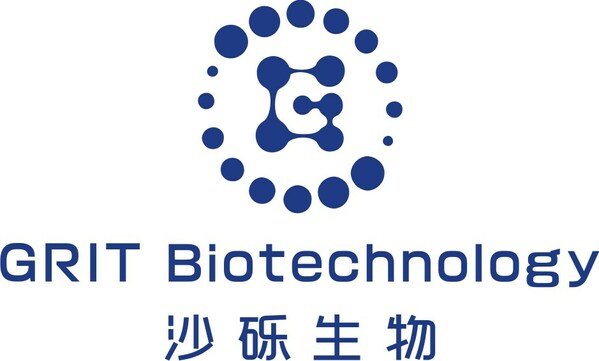 |
SHANGHAI, May 31, 2024 /PRNewswire/ -- Shanghai Grit Biotechnology Co., Ltd. (GRIT) and Shandong Quangang Pharmaceutical Co., Ltd. (Quangang) announced the establishment of a formal strategic partnership to leverage both parties' R&D capabilities in innovative T-cell therapy. The objective is to jointly develop a globally standardized IL-2 for solid tumor patients receiving T-cell therapy, aiming to localize the global standard IL-2 with accessible prices for Chinese patients.
The focus of the collaboration will be on expanding the indications of Quanqi (125SER) Interleukin-2 (I) products for solid tumors. Quanqi (125SER), as a domestically marketed human Interleukin-2, is primarily used in the treatment of solid tumors such as renal cell carcinoma, melanoma, breast cancer, bladder cancer, liver cancer, colorectal cancer, lymphoma, and lung cancer, etc. Both parties will collaborate to develop a domestically produced substitute to the globally recognized immune-regulating cytokine IL-2 in T-cell therapy, addressing the significant unmet medical needs for Chinese cancer patients.
Grit is a clinical stage cell therapy company leading the tumor infiltrating lymphocytes (TILs) therapy development in China. Grit's non-gene-engineered TIL program GT101 is in Phase 2 (pivotal) trial -- it is the fastest TIL pipeline in China and plans for BLA filing in 2025. Quangang Pharmaceutical is a leading domestic biopharmaceutical company dedicated to the research and development of genetic medicines, boasting GMP facilities and a specialized biotechnology research institute. Both parties have rich technical expertise and product development experience, along with a strong reputation and influence in the biopharmaceutical field in China.
Through this collaboration, GRIT will leverage its extensive experience in T cell therapy to expedite the advancement and commercialization of cell therapy products, providing a broader range of options and instilling hope for a greater number of solid tumor patients in the Chinese market. Both parties affirm that through their joint efforts, there is anticipation for a broader spectrum of Chinese patients to soon gain access to advanced and efficacious T-cell treatment options with the affordable local IL-2 product.